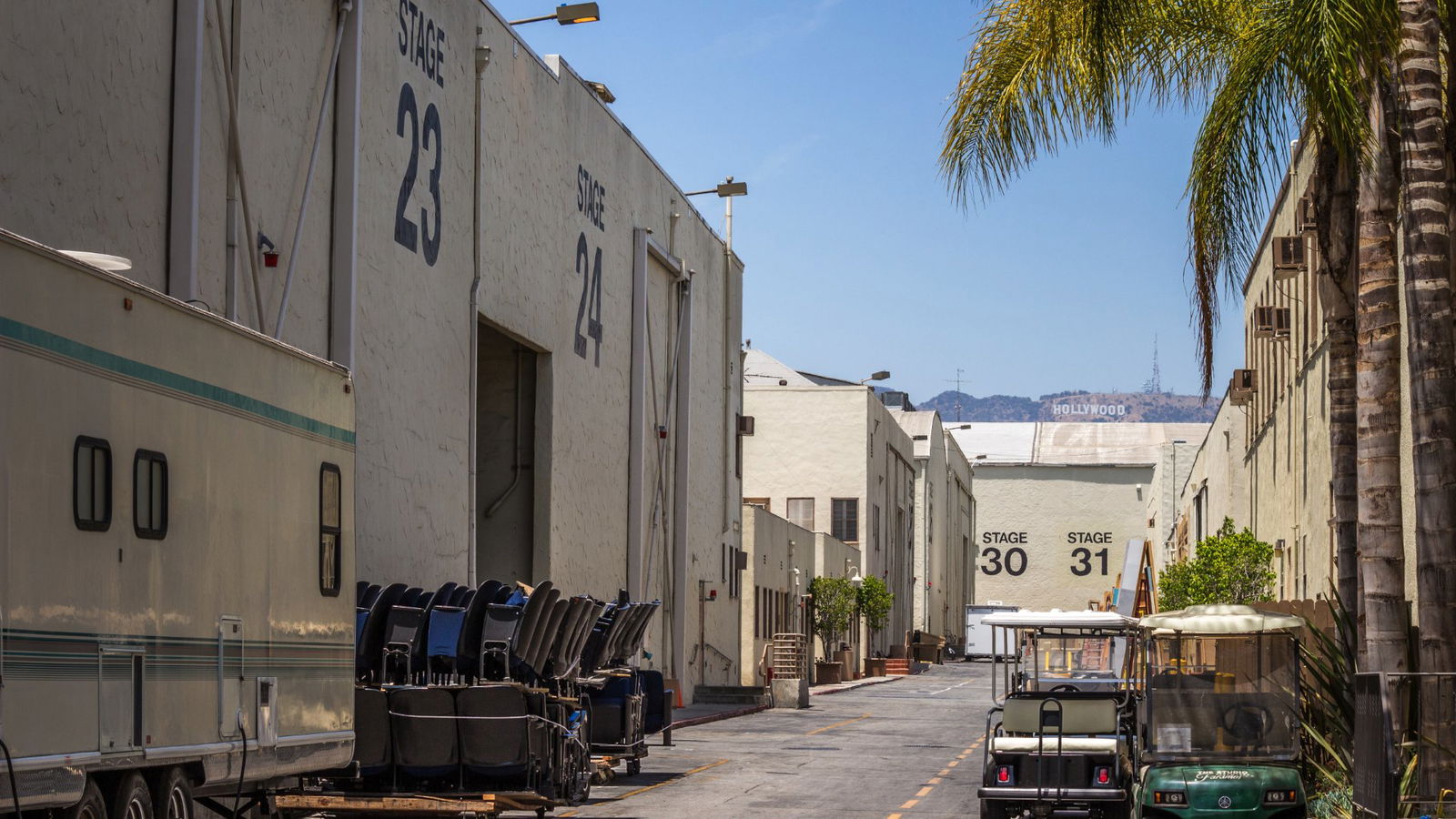
Guild Calls For ‘More Manageable Working Hours’ Following Crew Deaths
By Movieguide® Contributor
Excessive work hours have become one of the largest concerns for the International Alliance of Theatrical Stage Employees (IATSE) guild members as they start the final round of contract negotiations.
“[The studios] focus on physical dangers of the job, but the most dangerous thing is the overworking,” one anonymous crew member told Deadline.
Over the last few months, many crew members on different sets have died in car accidents as they drove home from set after pulling 12-14 hour work days.
“I know friends who are working 14- to 16-hour days every week,” one crew member said, who previously fell asleep at the wheel after a long production day. “This used to be the exception and now it’s becoming more of the norm.”
While there are rules in place for how long productions can work each day, studios only face a financial penalty for going over time — something a crew member says is “not really a penalty. It’s just something they can budget around.”
“We see that some of these companies or productions will continue to film excessive hours that are way over the top…and they don’t even blink at the fact that it’s costing them more money, so obviously they can afford it,” Teamsters chief negotiator Lindsay Dougherty told Deadline. “So that tells us that we should be asking for more, which is exactly what we’re going to be doing in terms of these penalties.”
Negotiations between IATSE and the AMPTP are ongoing and scheduled to conclude June 27.
Per LAist, IATSE members are seeking “higher wages, more manageable working hours (with more rest hours between shooting days), and better health benefits,” as well as “better pay for streaming projects.”
“We look forward to concluding our bargaining with the AMPTP and reaching an agreement that our members will be proud to ratify,” IATSE President Matthew D. Loeb said in a statement posted to the organization’s website.
Onset safety isn’t the only issue Hollywood crew members have to deal with. Movieguide® previously reported:
Though studios have been able to film again since the actors’ strike ended in December, crew members have found it’s been a slow return as the industry navigates the implications of the new contracts.
“There hasn’t been any real work,” said a location manager based in L.A. “The industry is not back. What’s back is a few things that are doing pickups or needed to restart from things that were shut down before May.”
“We were expecting, especially with the resolution of the strikes, production to be rampant out here. And unfortunately that hasn’t happened,” said Corey Moore, a business agent for IATSE Local 80.
“I literally can count on two hands how many people I know that are actually working right now,” added a set decoration buyer. “That’s now. In January, it was even less.”
This problem stems from the higher expenses of making a movie under the new rules and a major backlog of content from strike-related delays. These factors allow studios to be picky with the projects they work on.
Hollywood Teamsters head Lindsay Dougherty, whose union represents drivers, location managers, casting directors and more, revealed that only 42 productions are currently ongoing with her crew when there are normally well over 100 at this time of year.
“Everyone’s kind of waiting to see what the new normal is, knowing that there is a contraction in the industry and knowing that the streaming bubble has popped and that the studios and production companies are spending less money than they have in recent years,” Dougherty said.
Questions or comments? Please write to us here.


 - Content:
- Content: 

